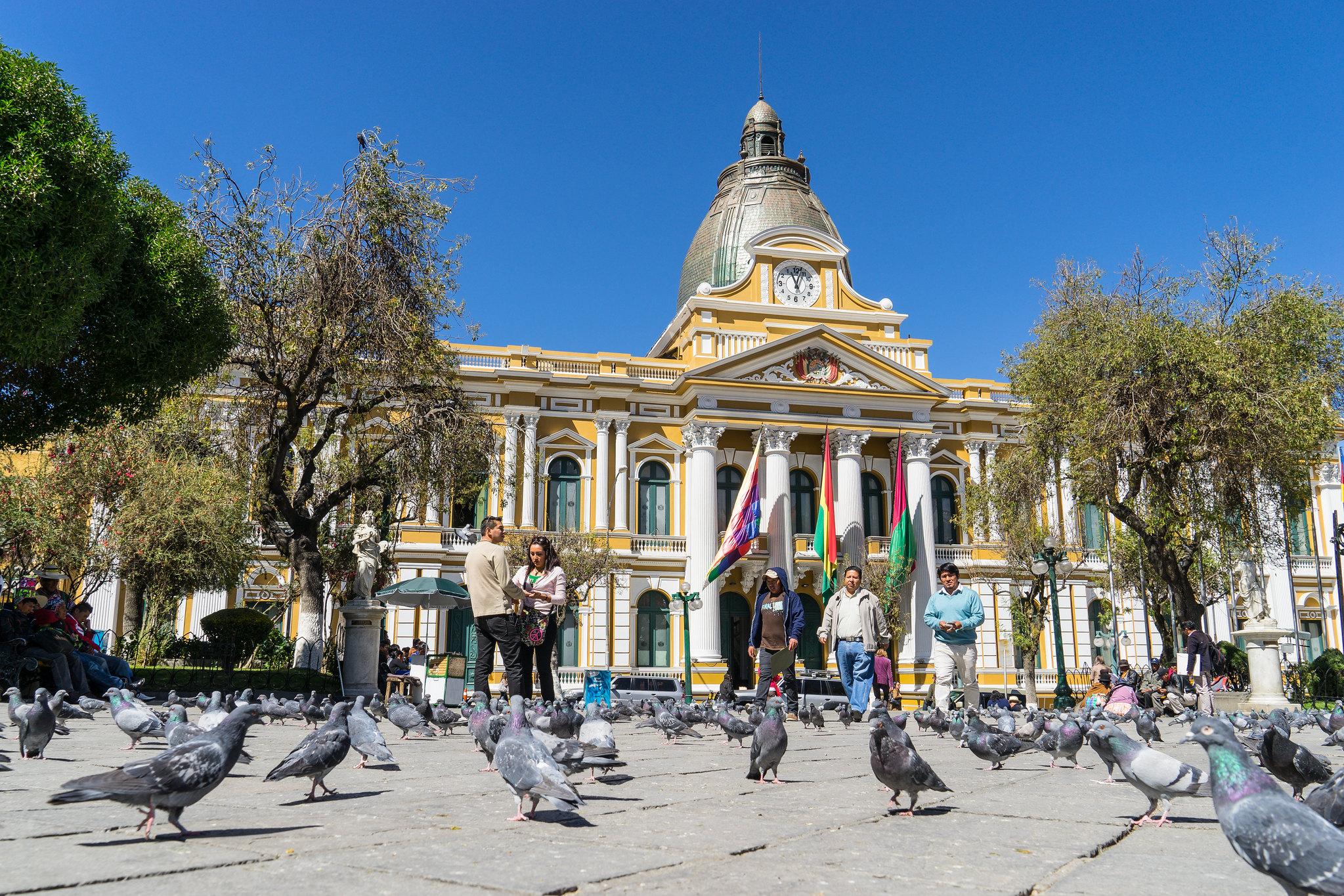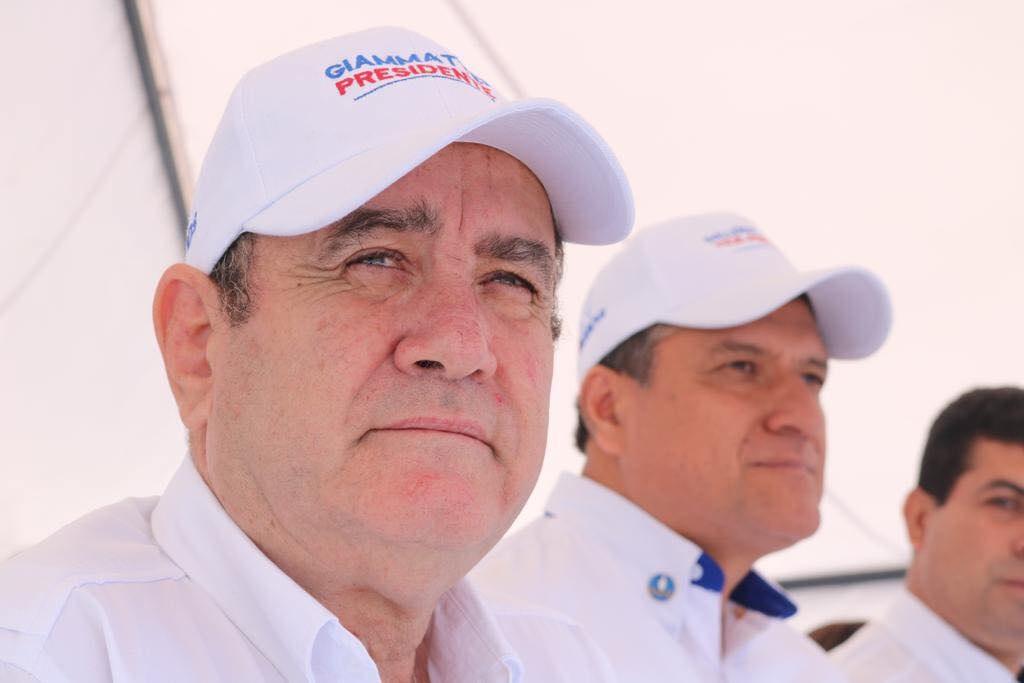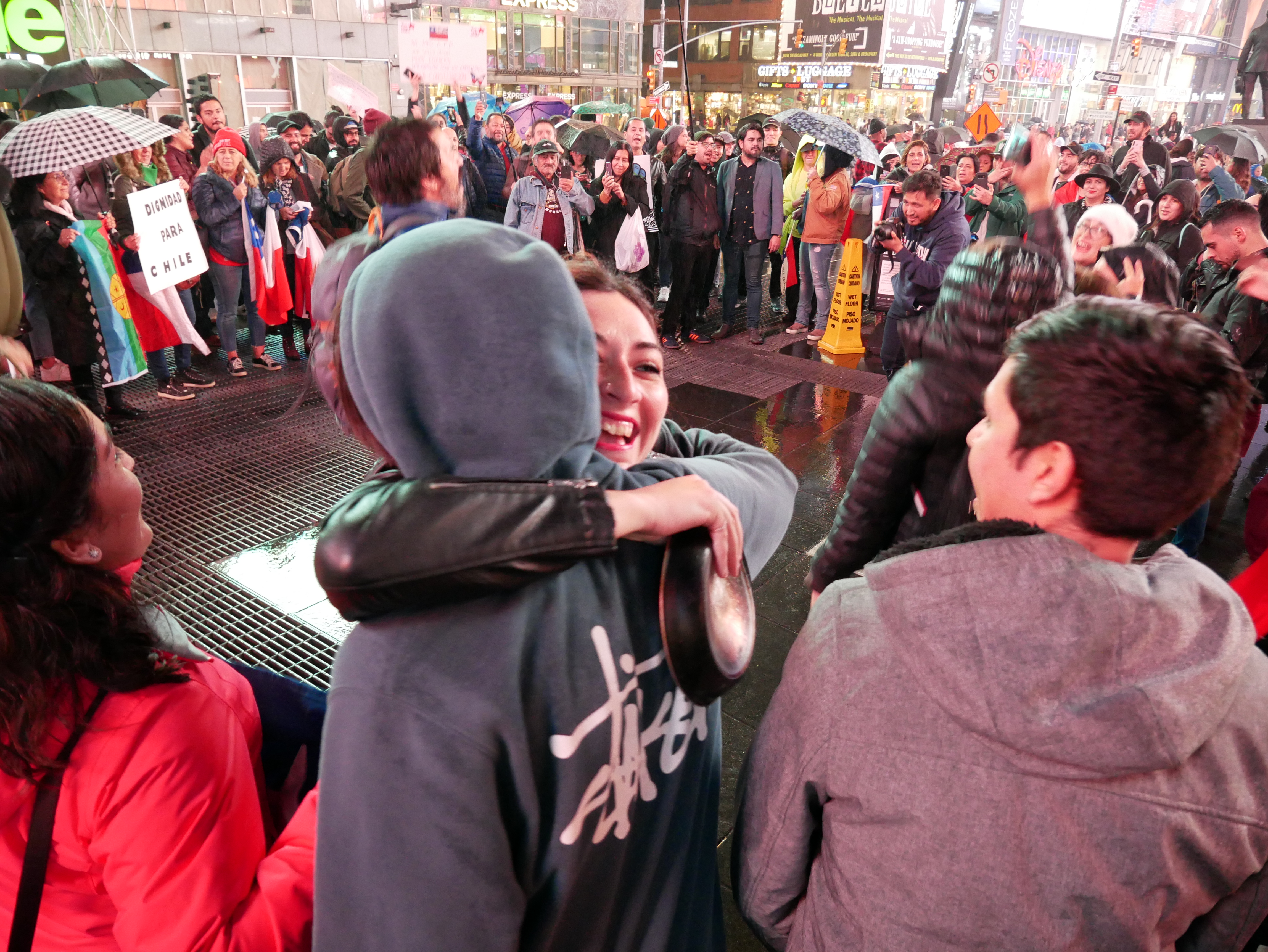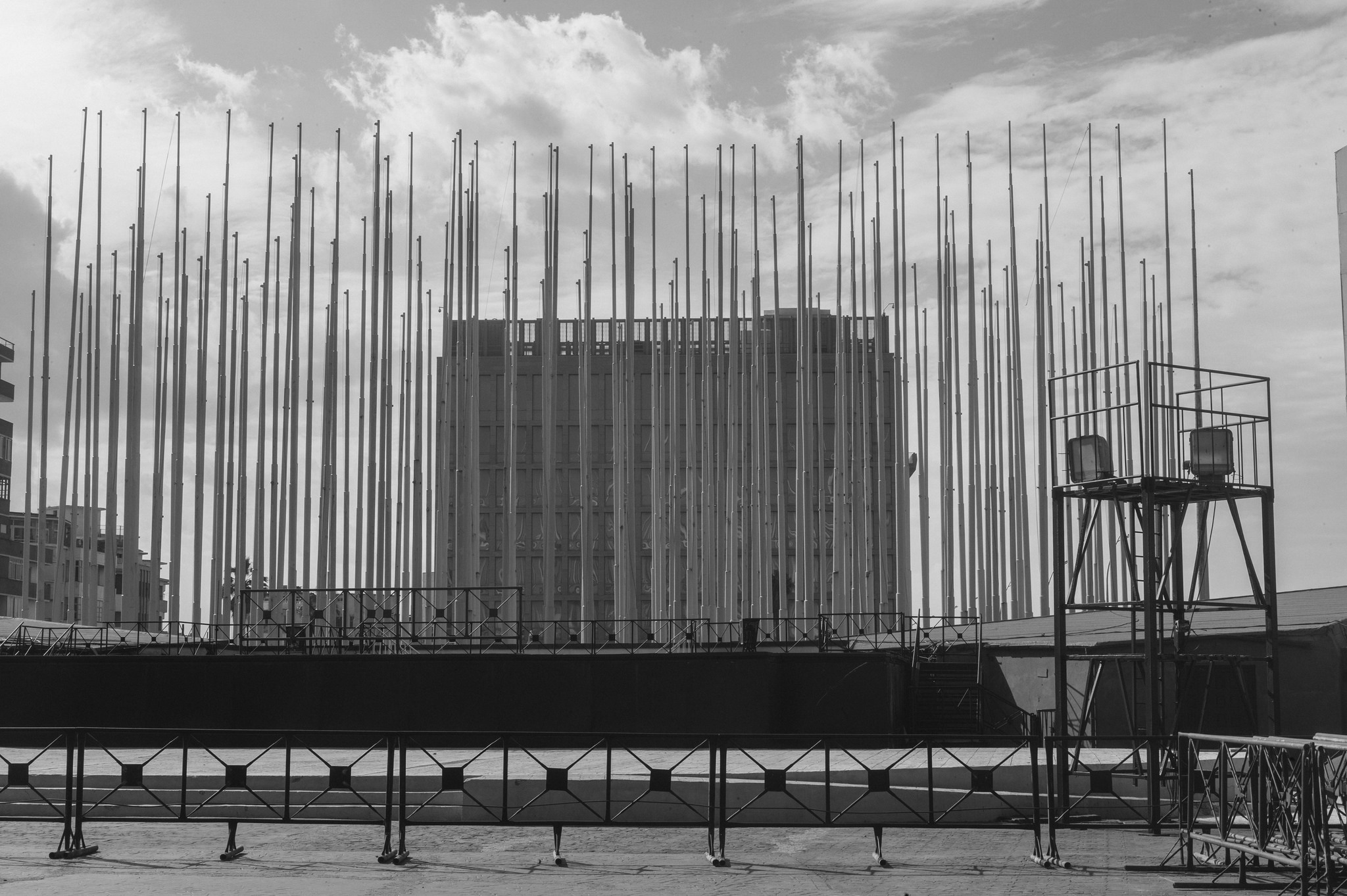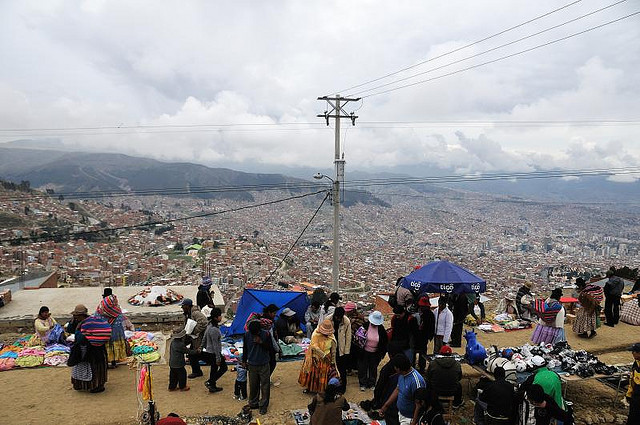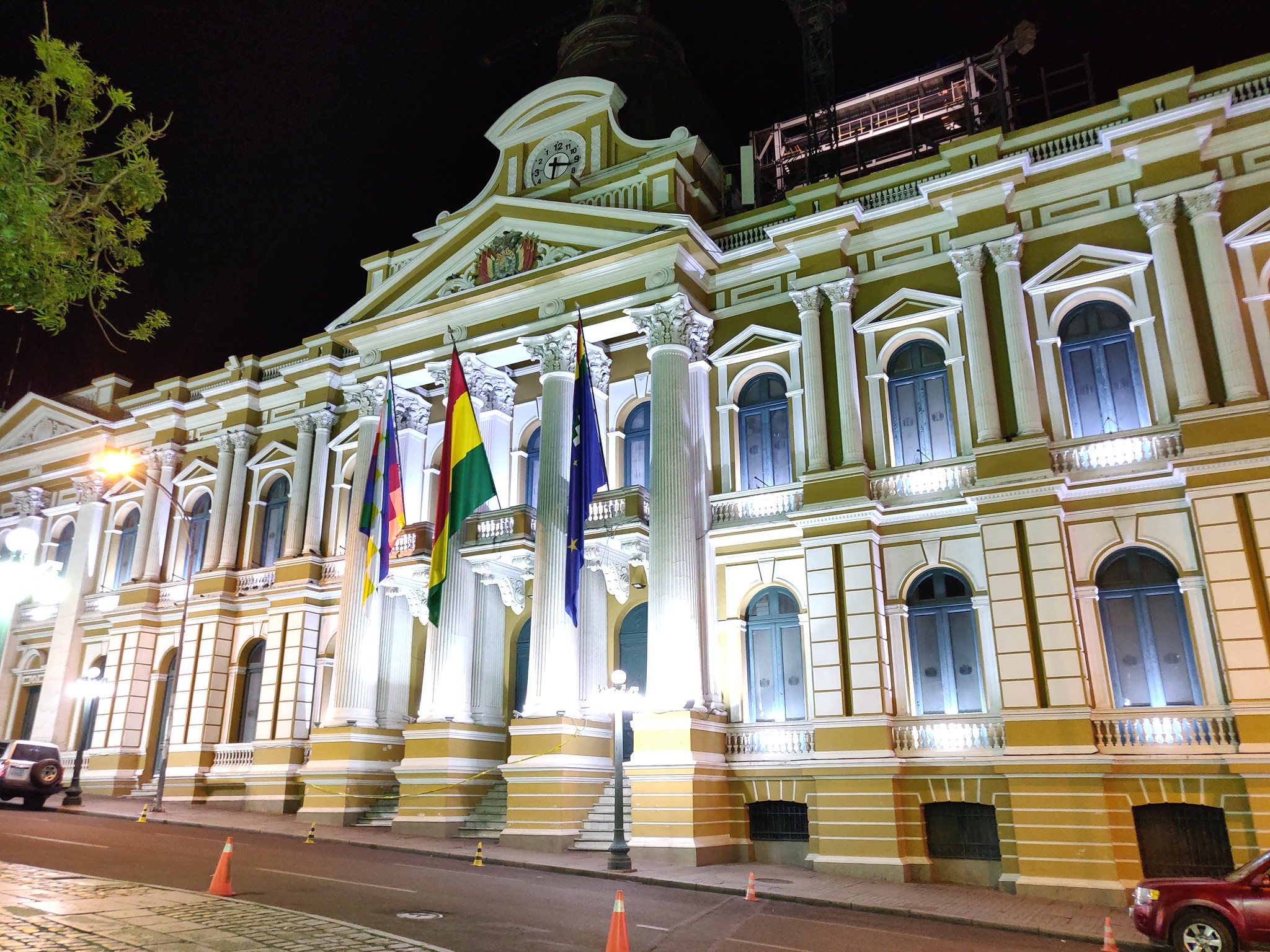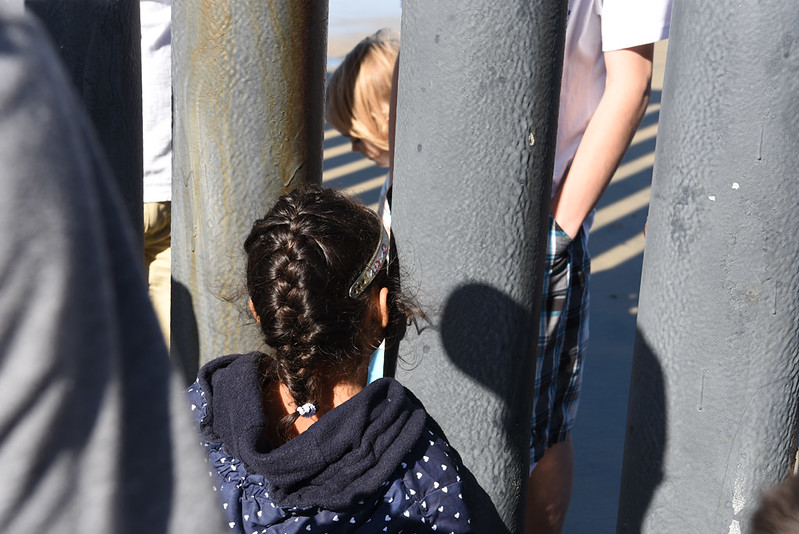
Latin America: Week in Review
Supreme Court to Hear Cases on Trump’s “Remain in Mexico” Policy
October 20, 2020 By Staff
TODAY IN LATIN AMERICA
UNITED STATES: The Supreme Court on Monday said it will hear pending cases involving President Donald Trump’s two biggest efforts to limit Mexican immigration: the “Remain in Mexico” policy and the border wall. The court did not specify when it will hold hearings on the policy known informally as “Remain in Mexico,” which requires asylum seekers to wait in Mexico while their claims are processed, and the border wall construction. It is likely the cases will not be reviewed until next year.
A lawsuit was filed against the “Remain in Mexico” regulation on behalf of 11 asylum-seekers, who have urged the Supreme Court not to take up the case. The American Civil Liberties Union and lead counsel in the lawsuit released a statement about the grave dangers behind the policy. The White House released a statement earlier this year calling the program hugely successful. The high court will also discuss the administration’s relocation of military funds for the border wall.
Headlines from the western hemisphere
SOUTHERN CONE
CHILE: The Candelaria copper mine, owned by Canada’s Lundin Mining, will shut down production starting this Tuesday due to union strikes. The company said it would cease operations because of constant blockades and attacks on personnel. In a statement, Lundin Mining called the union’s actions “illegal and violent.” Unions and mine management have failed to reach an agreement over collective labor contracts after a strike was declared a week and a half ago. The mine produced over 100,000 tons of copper in 2019. On average, Chile produces a forth of the world’s copper. The Candelaria mine shutdown could pose a risk to the global copper supply.
ANDES
BOLIVIA: Presidential candidate Carlos Mesa recognized his electoral defeat on Monday. Mesa also declared in a press conference that his Civil Community party would lead the opposition against the Movement Toward Socialism (MAS) party and the presidency of presumed winner Luis Arce. Upon hearing of his victory, Arce said his first move as president would be to provide a one time payment of around $145 to Bolivians to combat hunger. Former President Evo Morales celebrated the MAS party victory and announced that he would return to Bolivia without providing an exact date.
COLOMBIA: Thousands of Indigenous people from southern Colombia marched on Bogotá on Monday after declaring a “minga.” The word “Minga” is derived from the quechua language and means collective work done in the benefit of the community. The Indigenous communities from the departments of Nariño, Cauca, Huila, Valle y Caldas and Putumayo marched on the city of Cali last week, but decided to travel to the capital after President Iván Duque refused to meet with them. The Indigenous caravan of rural buses peacefully entered Bogota on Sunday and was received by crowds numbering in the thousands to join their protests. The communities participating in the minga wish to discuss with President Duque mining concessions to multinationals and the growing tide of violence following the 2016 peace deal with FARC rebels.
CARIBBEAN
JAMAICA: Legislation moves to crack down on prisoners with cellphones by amending the outdated Corrections Act regarding possession and use of contraband in penal institutions. The new act aims to restrict inmates from directing criminal operations behind prison walls and impose criminal charges on those found in possession of cellphones and other contraband. Some of Jamaica’s most dangerous prisoners are known to order hits and run extortion rackets behind bars with smuggled cellphones. Senator Matthew Samuda in the Ministry of National Security spoke last Friday that the new act was expected to be approved in less than three months.
REGION: A tropical depression which formed Monday morning southeast of Bermuda has been updated to a new tropical storm named Epsilon. Epsilon is estimated to be at or near hurricane strength when it approaches Bermuda late this week, possibly reaching storm levels of a Category 1. The storm is currently stationary with little overall movement expected through Monday evening. The U.S. National Hurricane Center exhausted storm names and turned to the Greek alphabet back in September. The 2020 season has had 26 named storms and could easily surpass the 2005 season which had 28 storms, including Hurricane Katrina.
CENTRAL AMERICA
COSTA RICA: The national dialogue proposed by President Carlos Alvarado and other government officials to resolve deficit, unemployment and debt failed after at least 13 out of 29 economic sectors decided to not participate or asked for a postponement date. The decision came after Alvarado proposed a plan to secure a US$1.75 billion loan from the International Monetary Fund (IMF) and to raise taxes to carry public spending as solutions to the country’s fiscal crisis during the COVID-19 pandemic. In response, the National Rescue Movement (MRN) erupted protests across the island once more after a pause was announced in preparation for the national dialogue.
NORTH AMERICA
MEXICO: Thirty-eight Mexican Congress Representatives have missed 75 online congress meetings this year, and will face a decrease in salary for it. The congressmen, who earn salaries of 2,500 pesos a day, missed online hearings from March 10 to Aug. 31, a highly critical time for the country due to the COVID-19 pandemic. With the decrease, according to El Debate, all legislators could suffer a decrease of salary as high as 20,000 pesos.
MEXICO: More than 2,000 people gathered in León, Mexico, on Monday to advocate in favor of marijuana decriminalization. The Movimiento Cannábico Guanajuato led the protests, and bicycled from their starting point to Boulevard Campestre. The movement started when cyclists shared photos of their first collective protests for the decriminalization of the substance, calling it the “First Cannabica Ride.” Similar types of cycling protests have been held in other cities of the country such as Mexico City, Jalisco and Monterrey. Although no arrests were made during the demonstrations, some people reported on social media that police used excessive force on groups attempting to display banners during the protests.
< Previous Article
